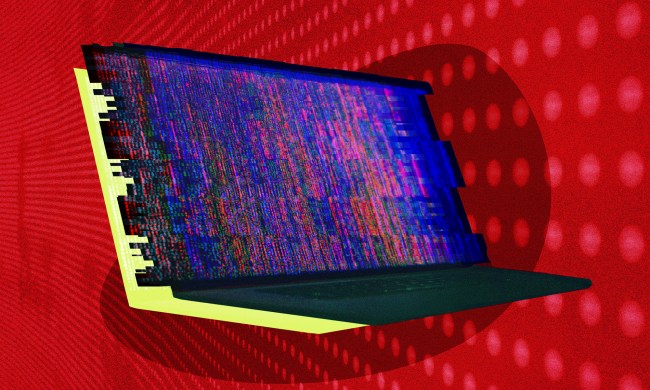
Popular micro-blogging and social networking service Twitter has been looking at ways to earn real money from its widely-adopted platform, including selling real-time feeds of Twitter’s traffic to search engines and working on a “Promoted Tweets” system that will put paid-for tweets in Twitter search results. But now Twitter is also drawing a line in the sand: it’s barring third-party advertisements on the site in a move to “preserve the integrity and relevance” of timelines.
“Aside from Promoted Tweets, we will not allow any third party to inject paid tweets into a timeline on any service that leverages the Twitter API,” wrote Twitter’s COO Dick Costolo, in a blog post. “We are updating our Terms of Service to articulate clearly what we mean by this statement, and we encourage you to read the updated API Terms of Service to be released shortly.”
Costolo says that Twitter isn’t trying to control what people tweet via the service, and that the company believes there are ways to sell ads and built applications on top of Twitter’s service—such as Twitter clients that sell real-time ads around Twitter feeds. However, the Terms of Service for developers specifically prohibit placing advertisements in the Twitter timeline. Services that don’t generate revenue or that make money in ways other than advertising will apparently not be impacted by the change.
Although it’s tempting to say that Twitter’s new policy on third-party ads is all about drawing attention to its own (so far very limited) Promoted Tweets service, the reality is probably a little more complex. Twitter’s strength is its simplicity—it’s just a sequence of 140-character updates from a selected group of users or accounts someone might care about. Compared to a full blown Web site, that’s an incredibly fragile set of content that could easily be disrupted and reduced to irrelevance if it were contaminated with advertising. Twitter may actually be looking out for its users…and its own long-term health.


